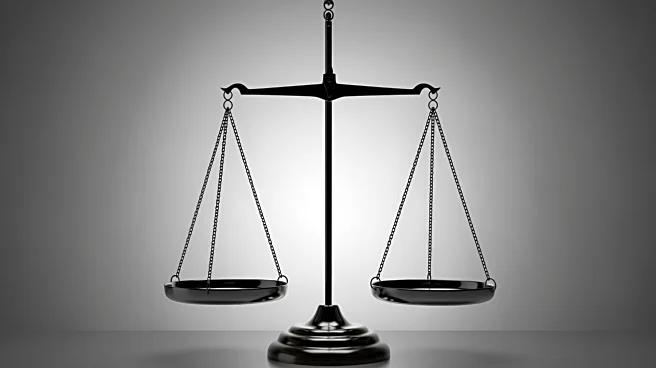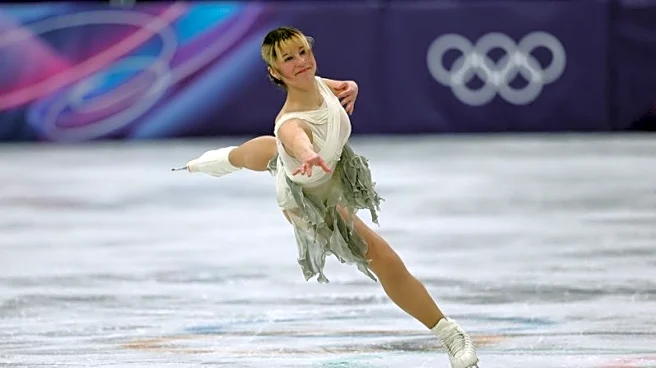What's Happening?
The Federal Circuit has issued a precedential opinion in the case of Barrette Outdoor v. Fortress Iron, affirming a district court's judgment of noninfringement regarding Barrette's patents. The case originated from the Northern District of Texas, where
a claim construction ruling led Barrette to concede that proving infringement was impossible. Consequently, the district court ruled in favor of the defendants, who had argued that the patents were indefinite. On appeal, the Federal Circuit upheld the district court's decision, emphasizing the importance of claim construction as a matter of law. The court's decision highlights the significance of prosecution history in determining patent scope, particularly when terms are shared across patents. The ruling serves as a reminder for patent owners to carefully consider their statements during prosecution to avoid limiting their patent scope.
Why It's Important?
This decision has significant implications for patent owners and their legal counsel, as it underscores the critical role of prosecution history in patent litigation. By affirming the district court's judgment, the Federal Circuit has reinforced the necessity for patent owners to scrutinize their statements during prosecution, as these can impact the scope and enforceability of their patents. The ruling also provides guidance for defendants, who can leverage prosecution history to challenge patent claims. This case serves as a cautionary tale for patent owners, emphasizing the need for careful communication with the patent office to avoid inadvertently narrowing their patent claims. The decision may influence future patent litigation strategies and could lead to increased scrutiny of prosecution histories in similar cases.
What's Next?
Patent owners and their legal teams may need to reassess their strategies in light of this ruling, ensuring that their prosecution histories do not inadvertently limit their patent claims. The decision could prompt patent owners to adopt more cautious approaches during prosecution to safeguard their patent scope. Additionally, defendants in patent cases may increasingly rely on prosecution history to challenge patent claims, potentially leading to more rigorous claim construction hearings. The Federal Circuit's opinion may also influence future rulings, as it provides precedential guidance on the importance of prosecution history in determining patent scope.
Beyond the Headlines
The ruling highlights the ethical and legal dimensions of patent prosecution, as patent owners must balance the need to secure broad patent protection with the risk of limiting their claims through prosecution statements. This case underscores the importance of transparency and accuracy in communications with the patent office, as misleading or ambiguous statements can have long-term consequences for patent enforceability. The decision may also prompt discussions within the legal community about best practices for managing prosecution histories and avoiding pitfalls that could compromise patent rights.















